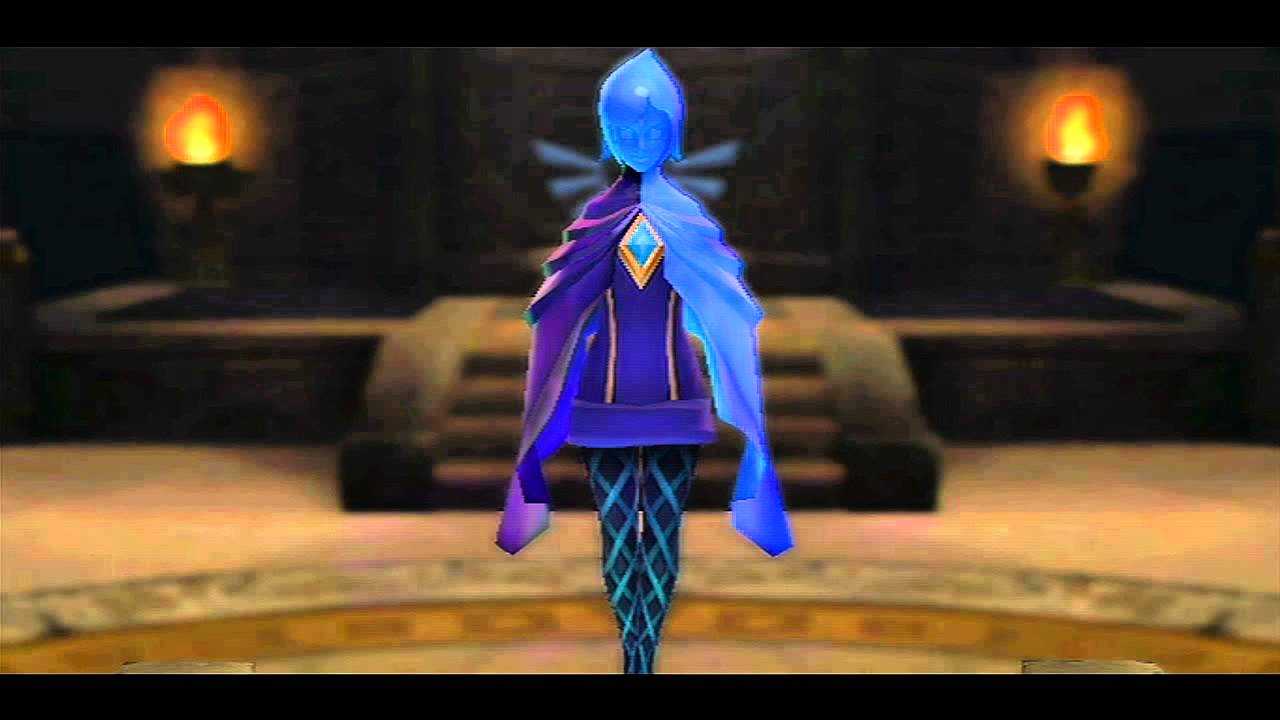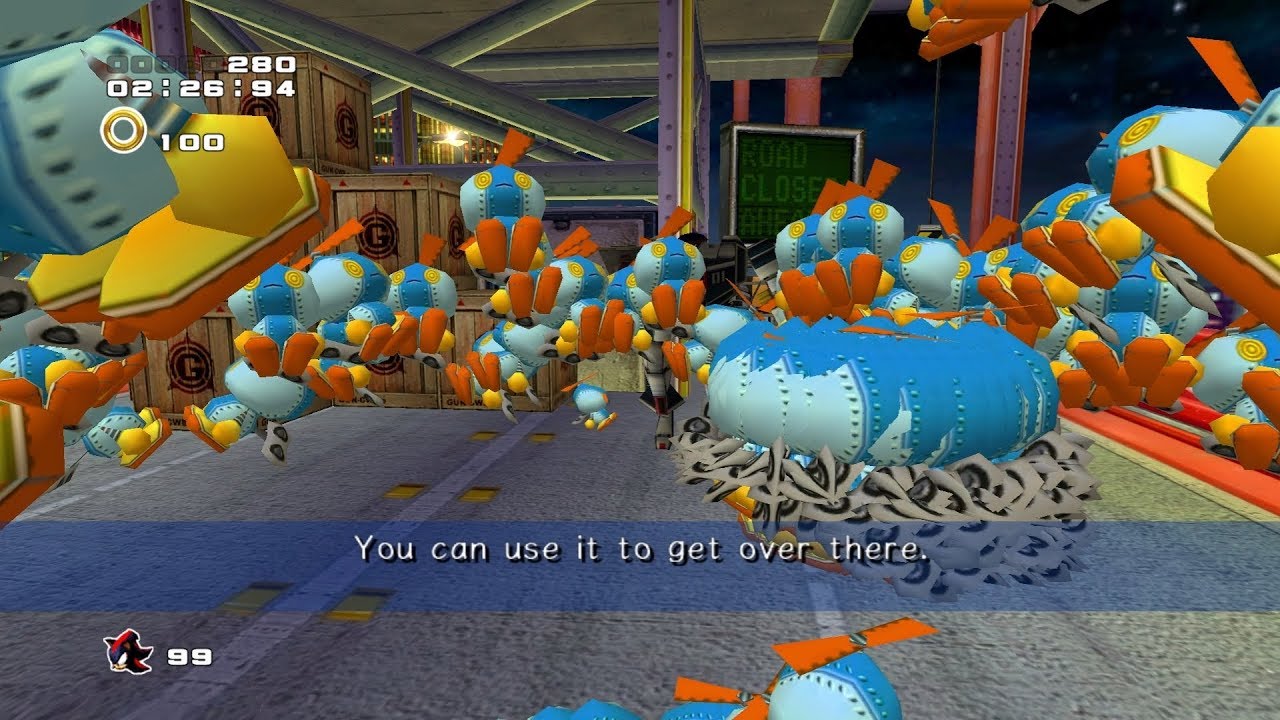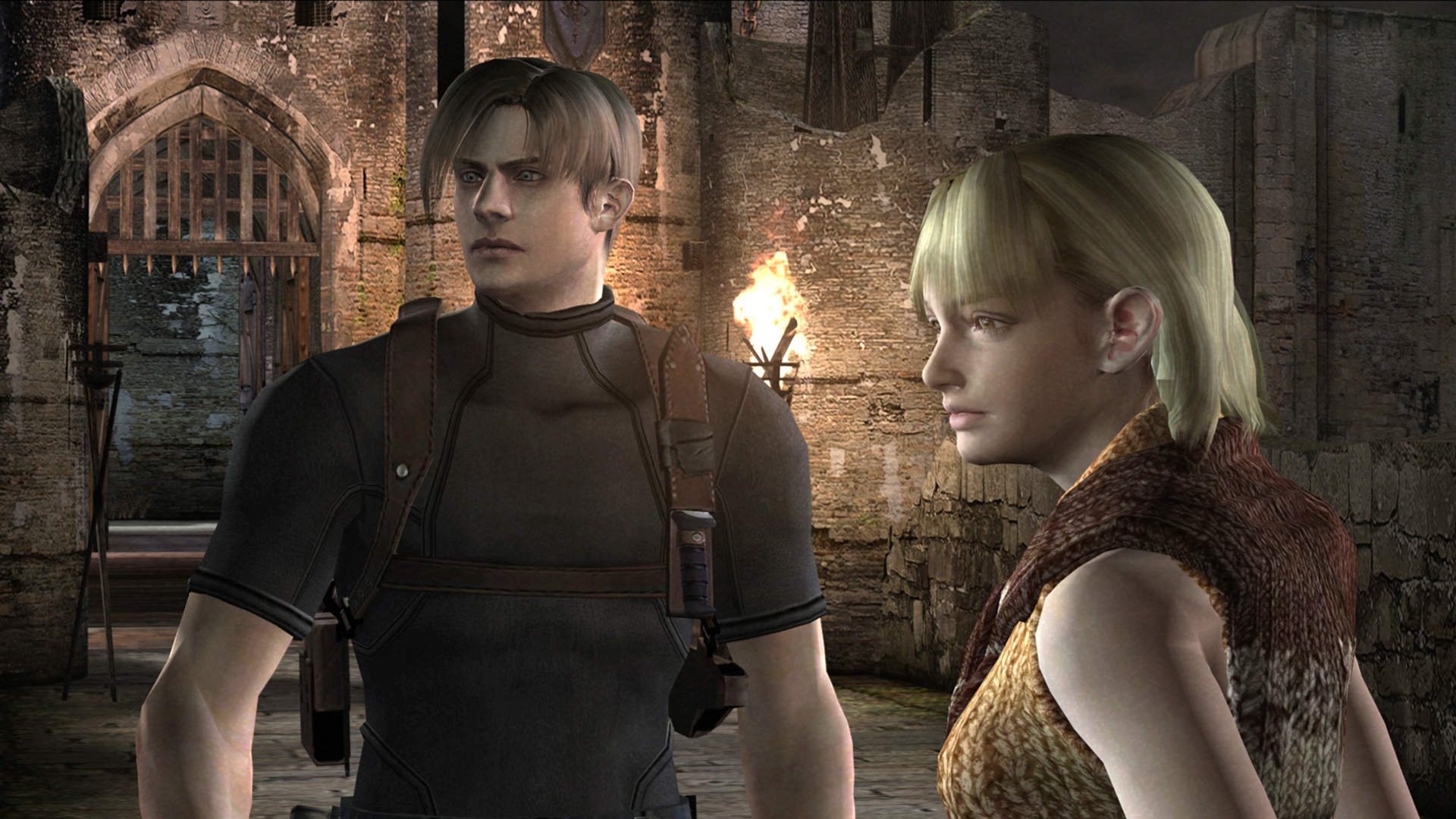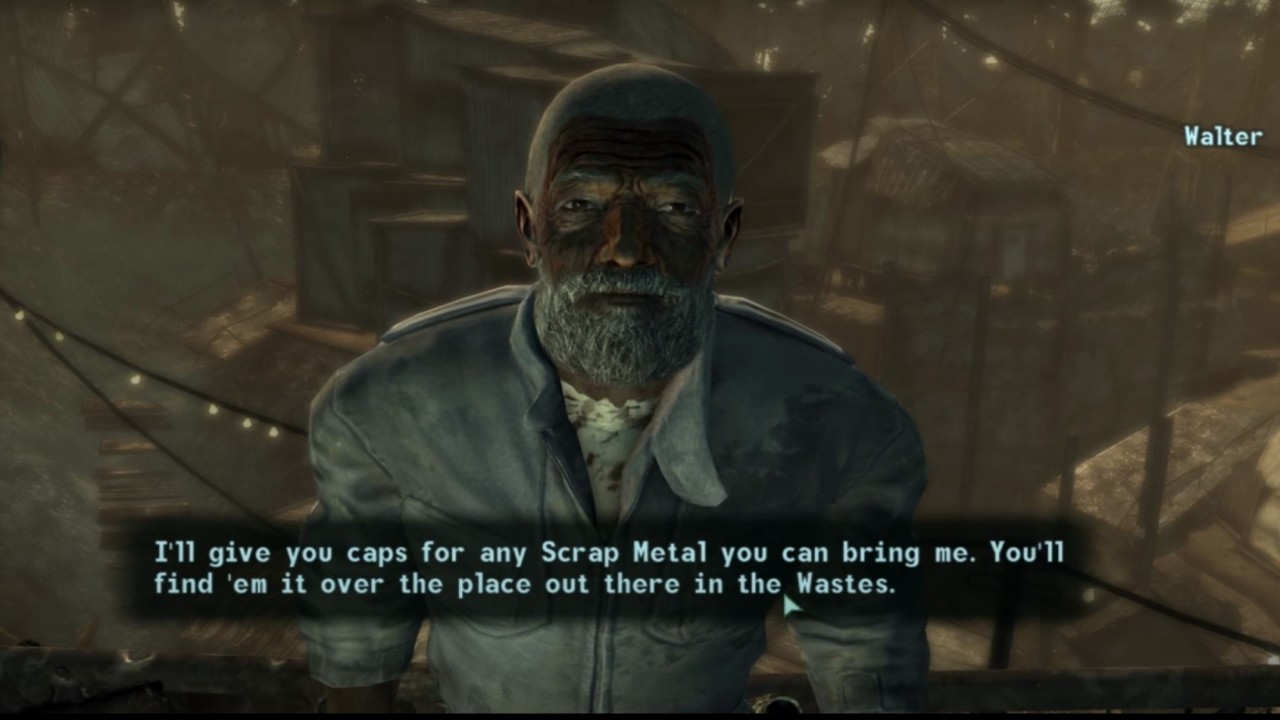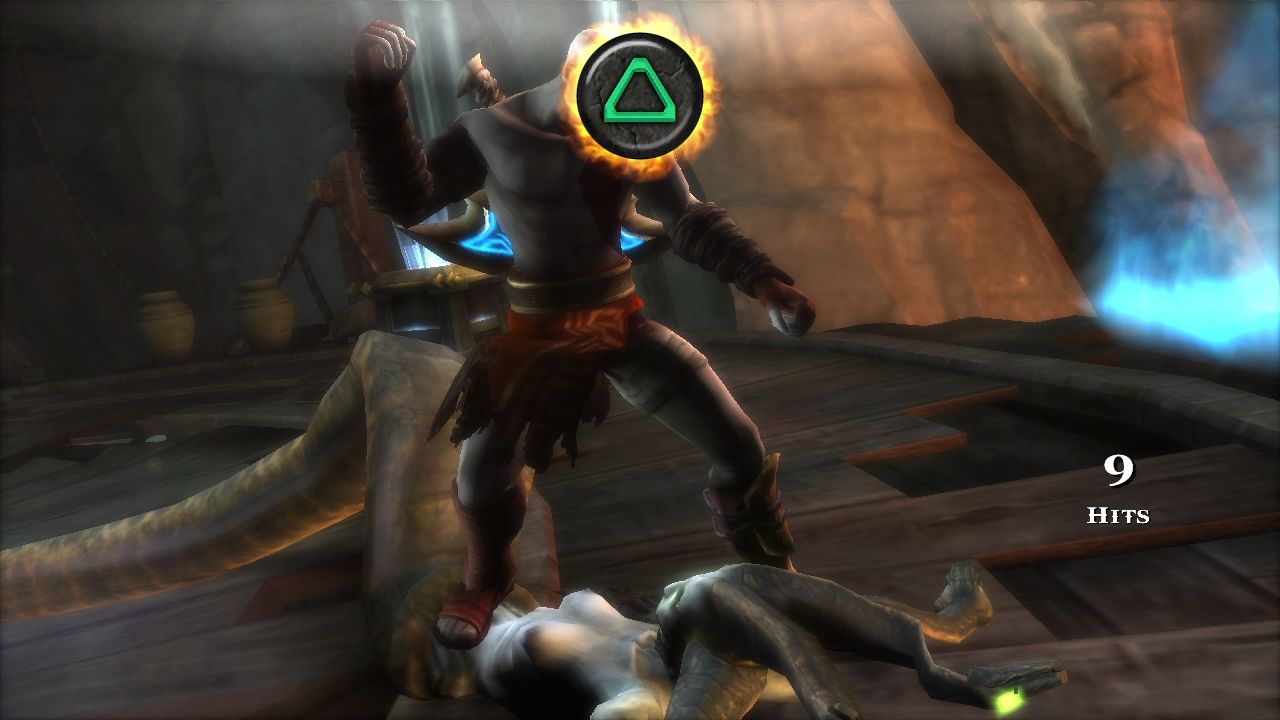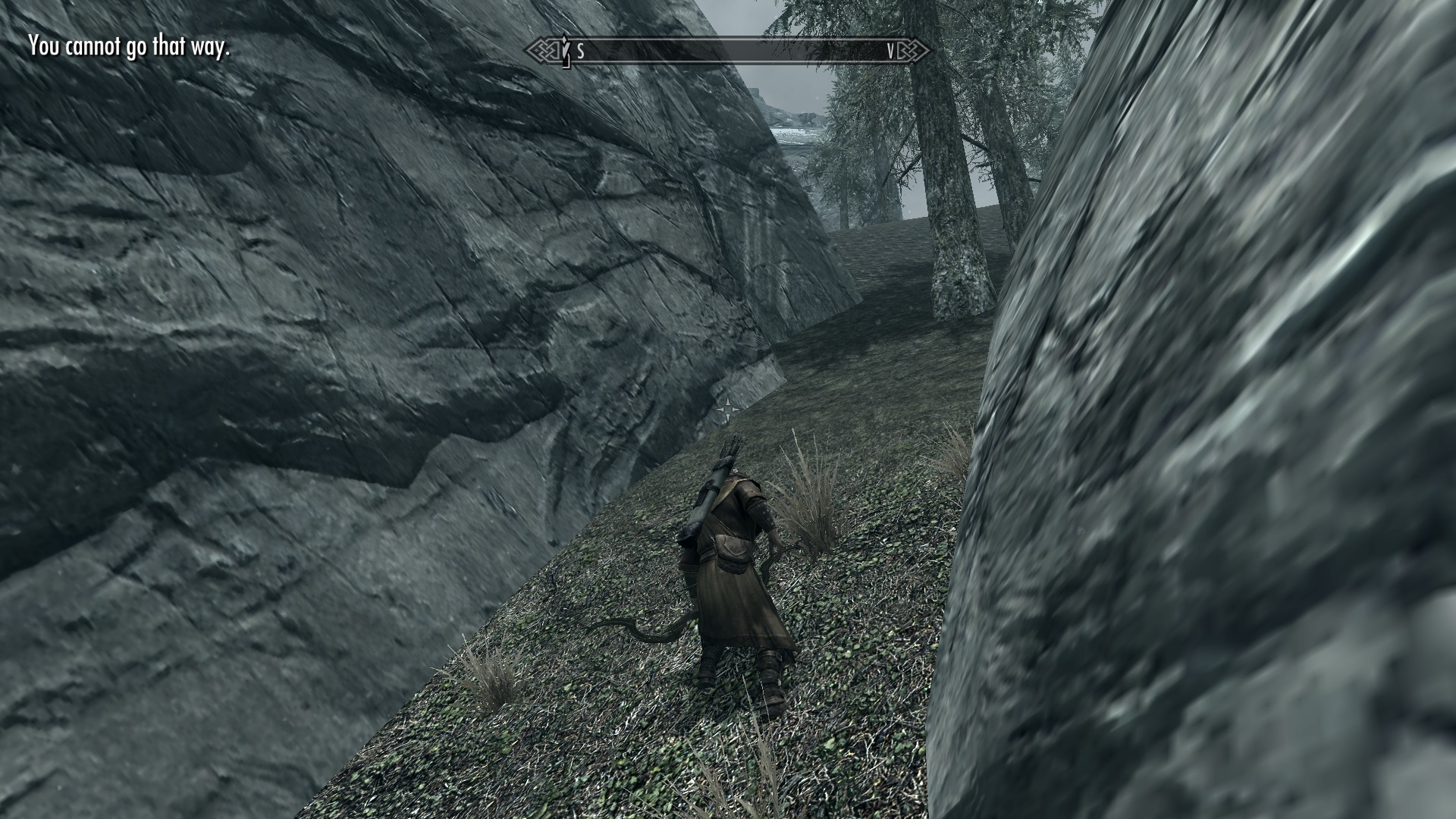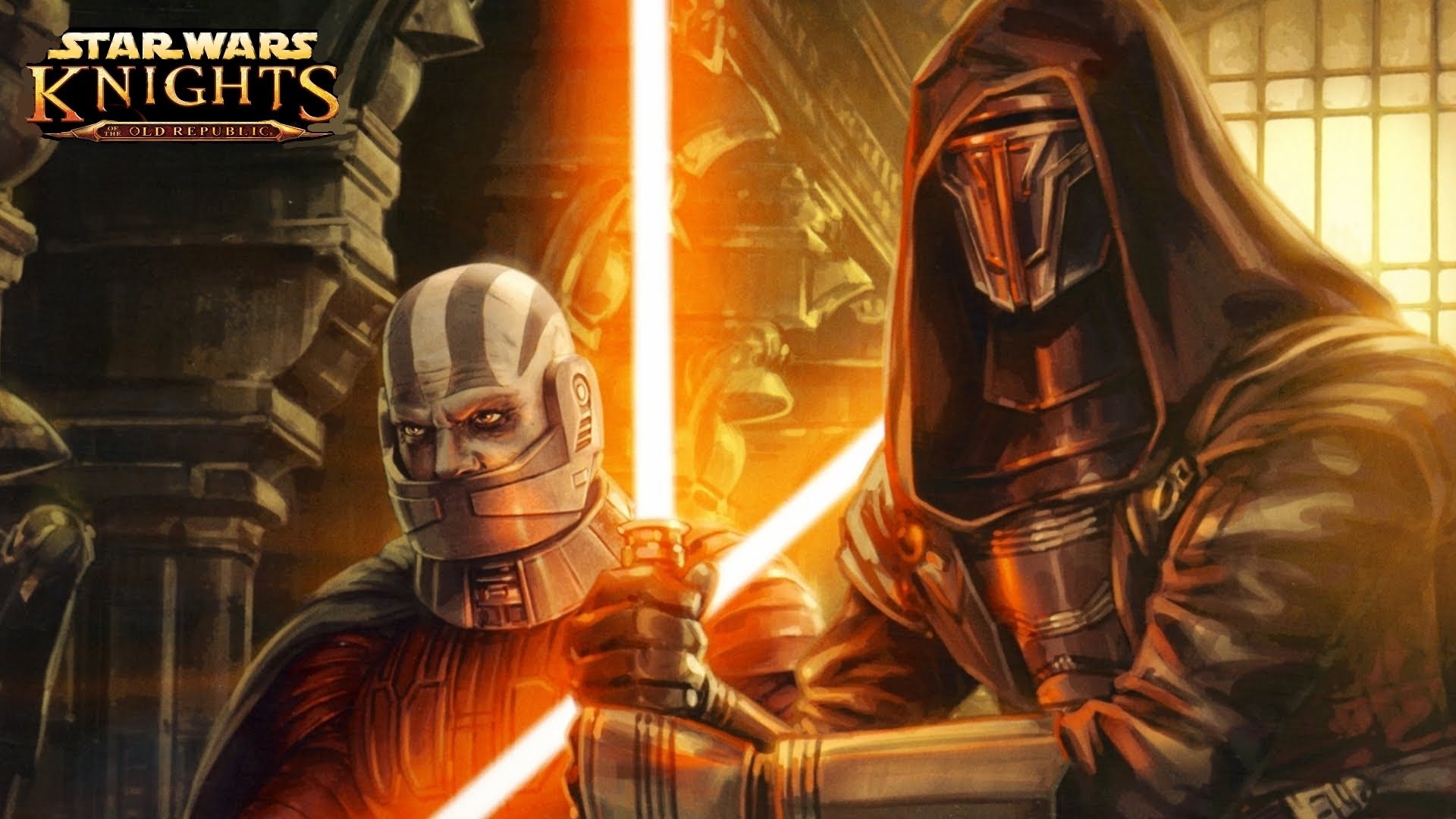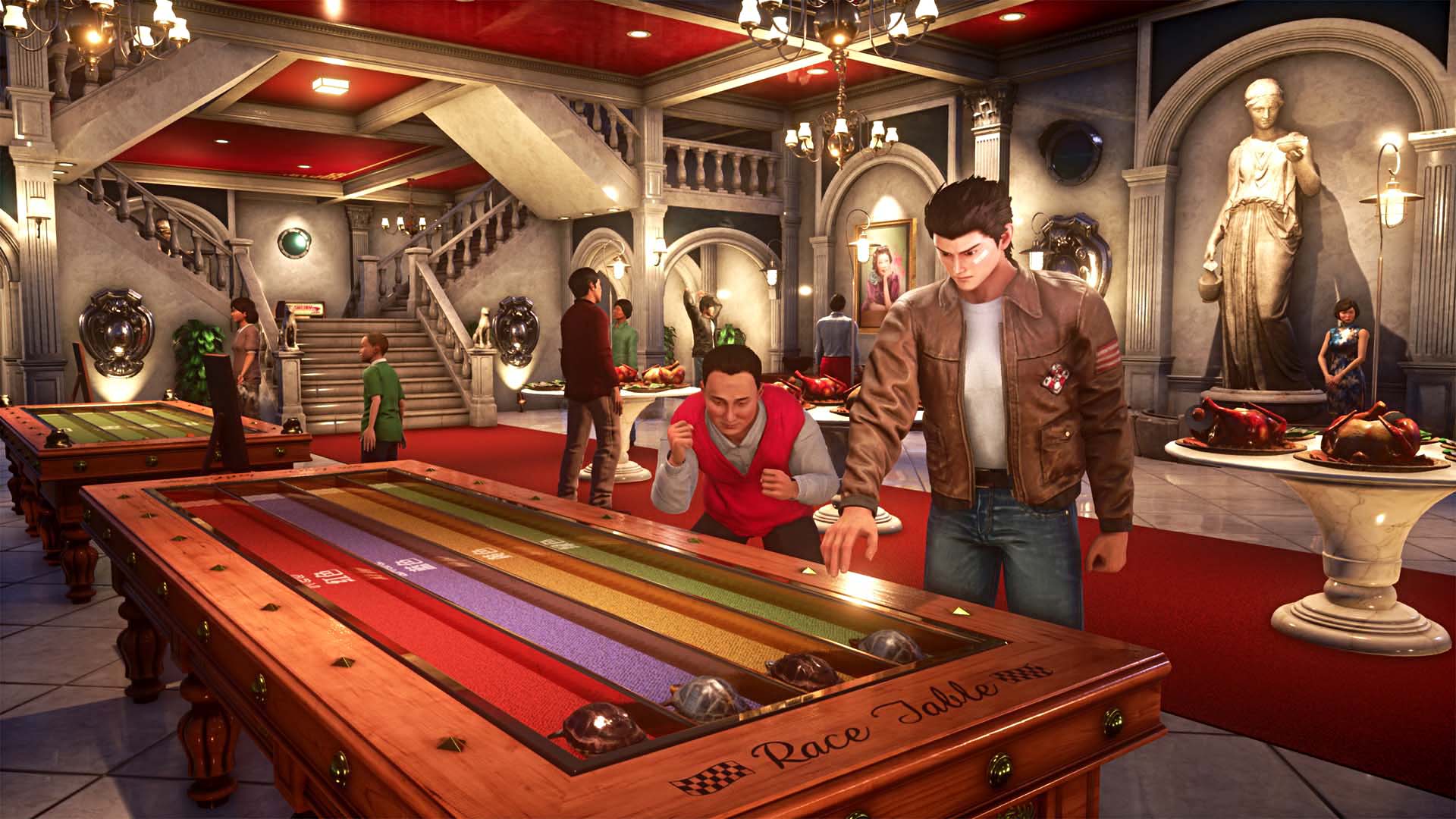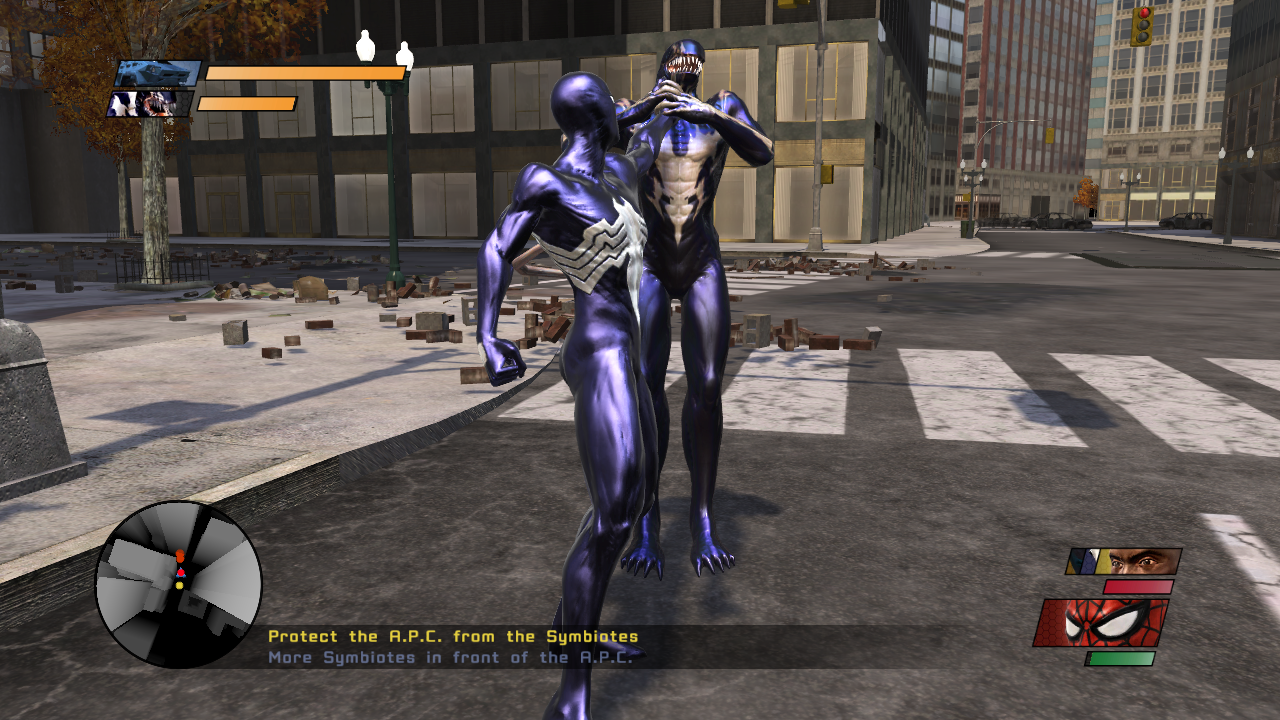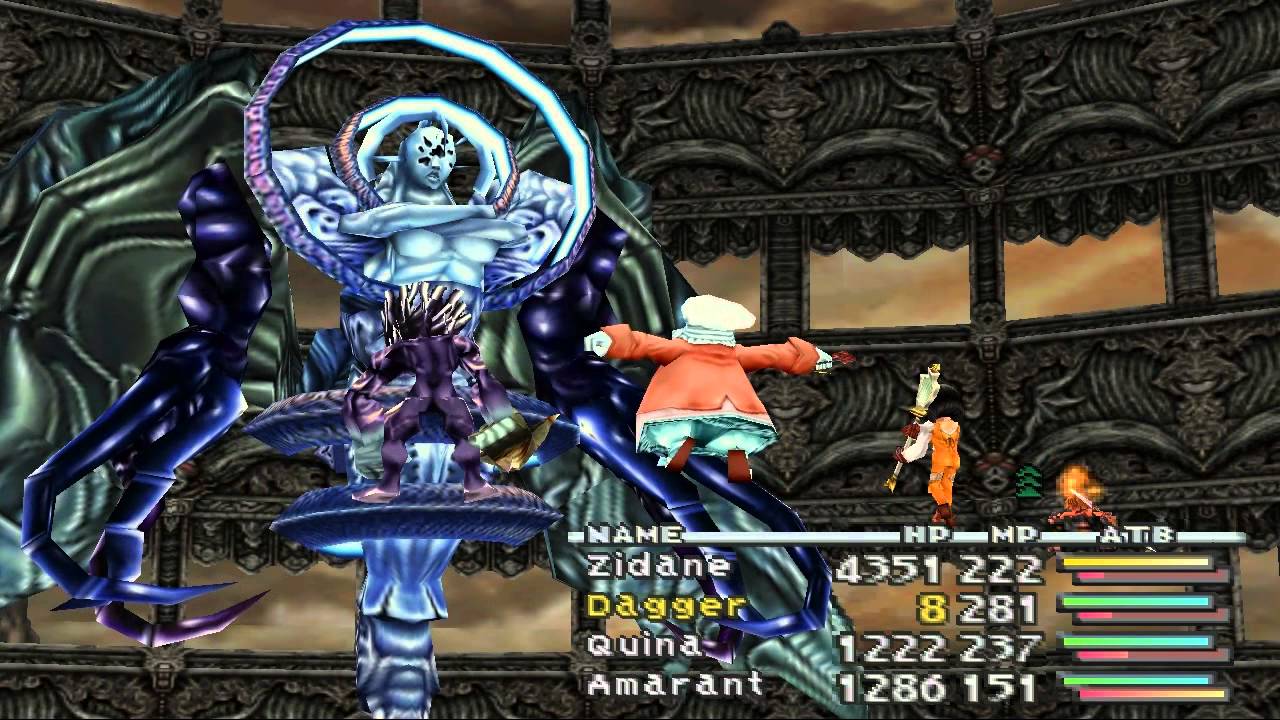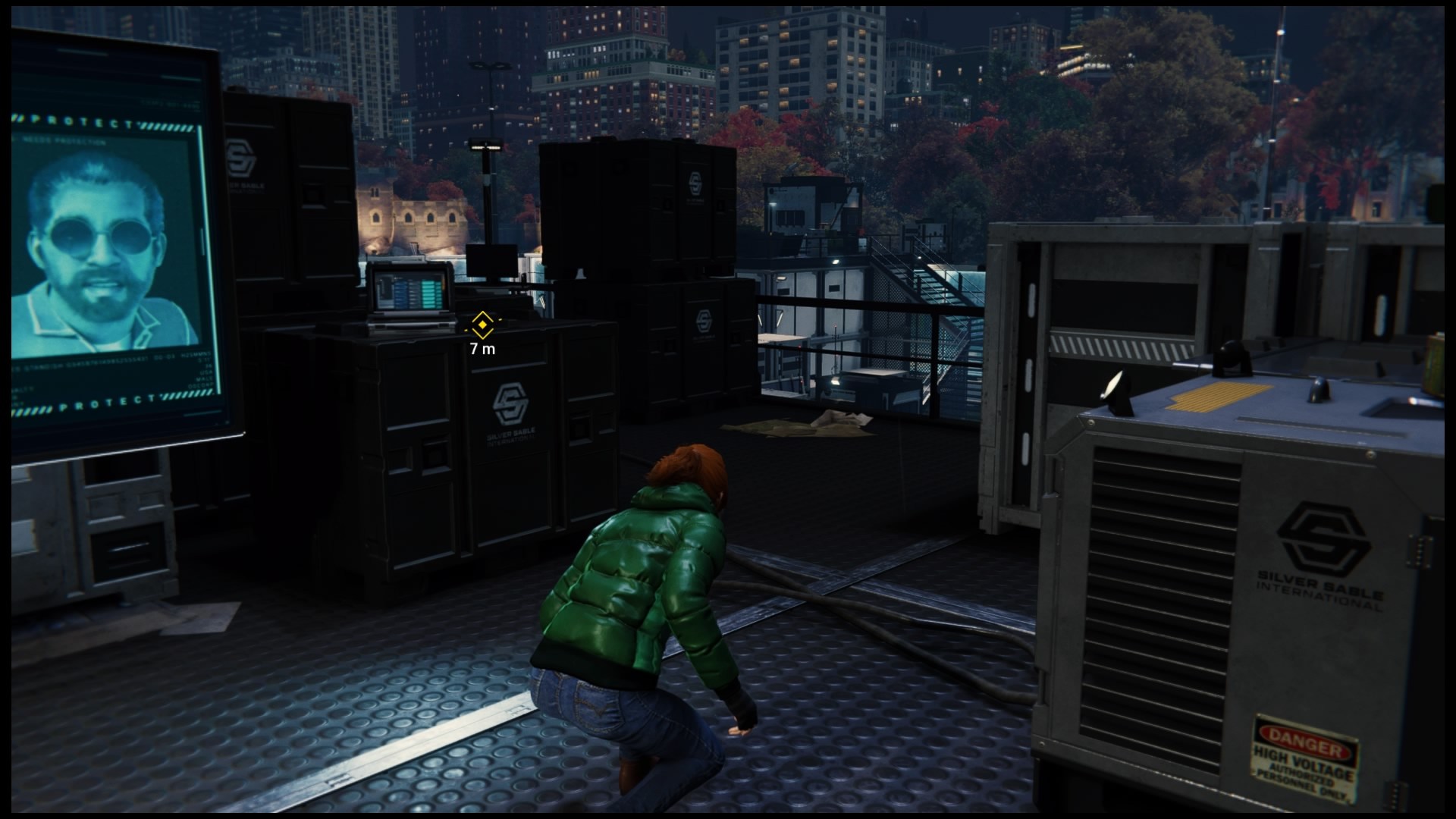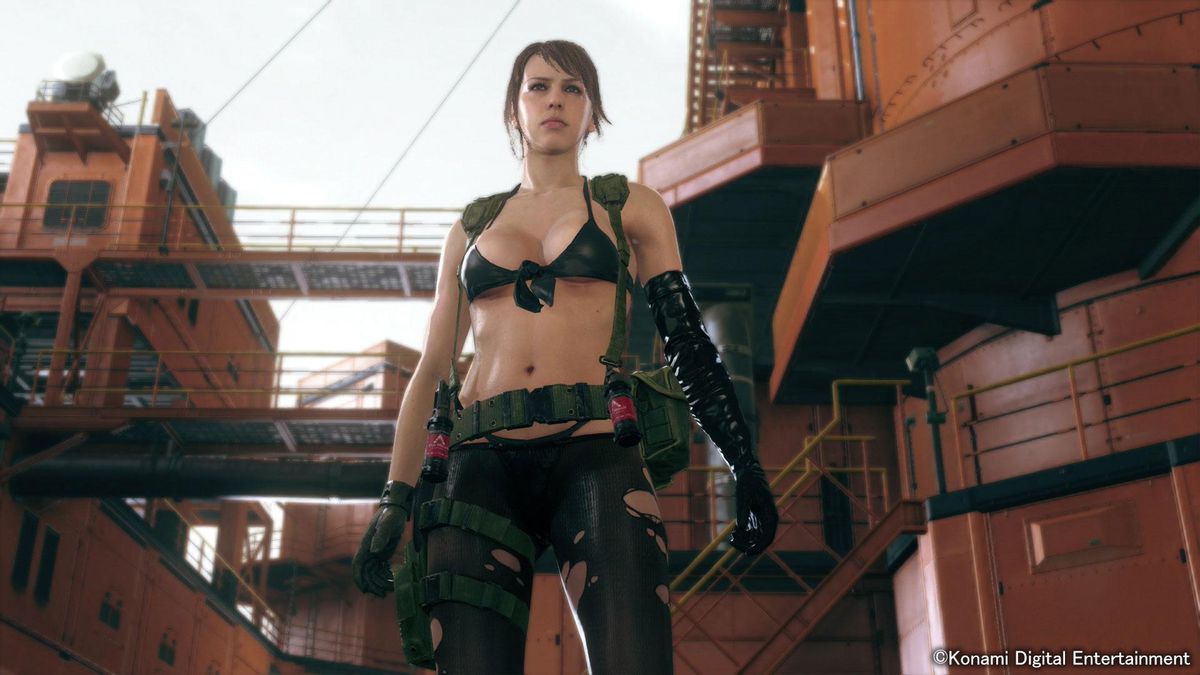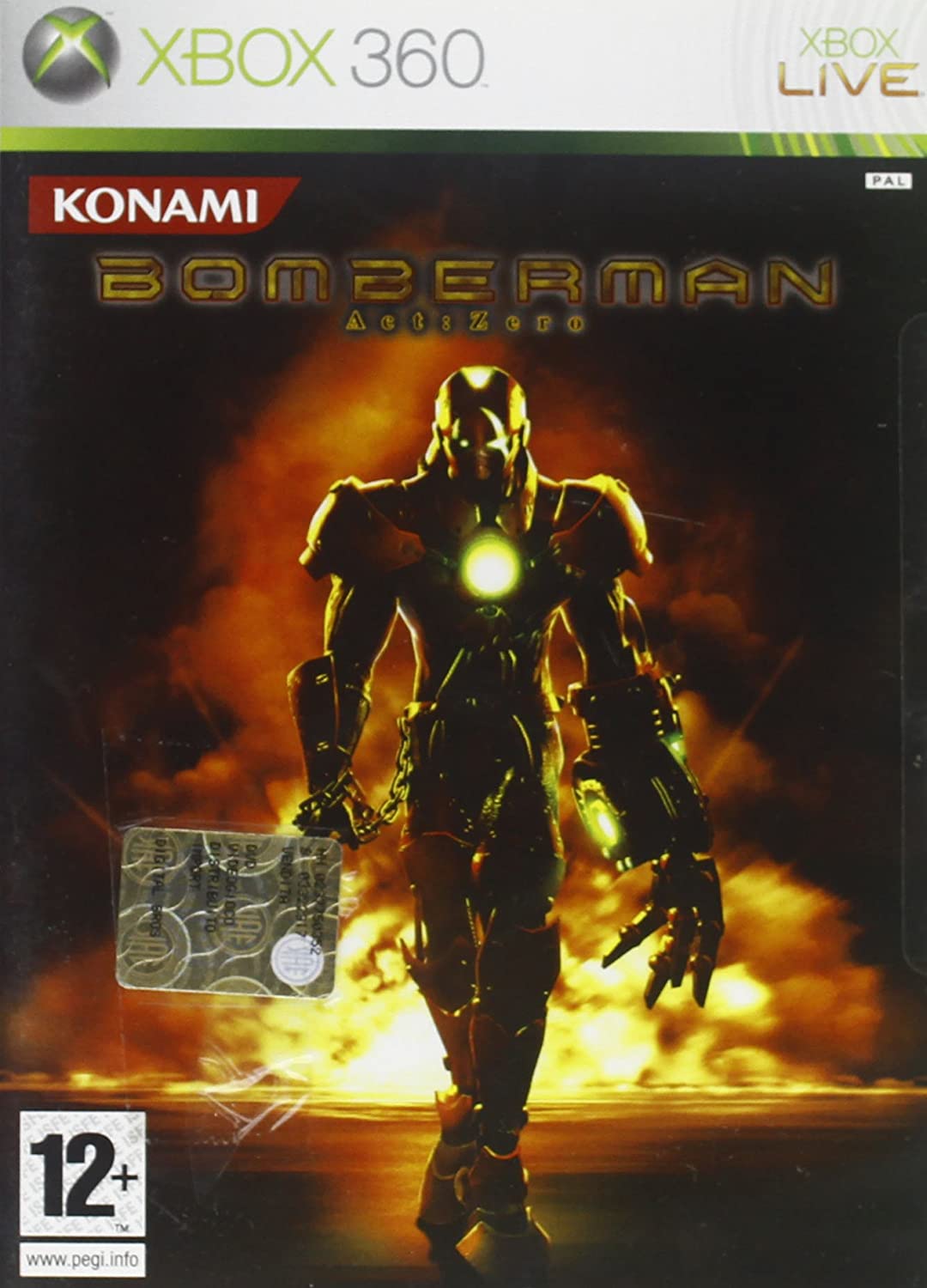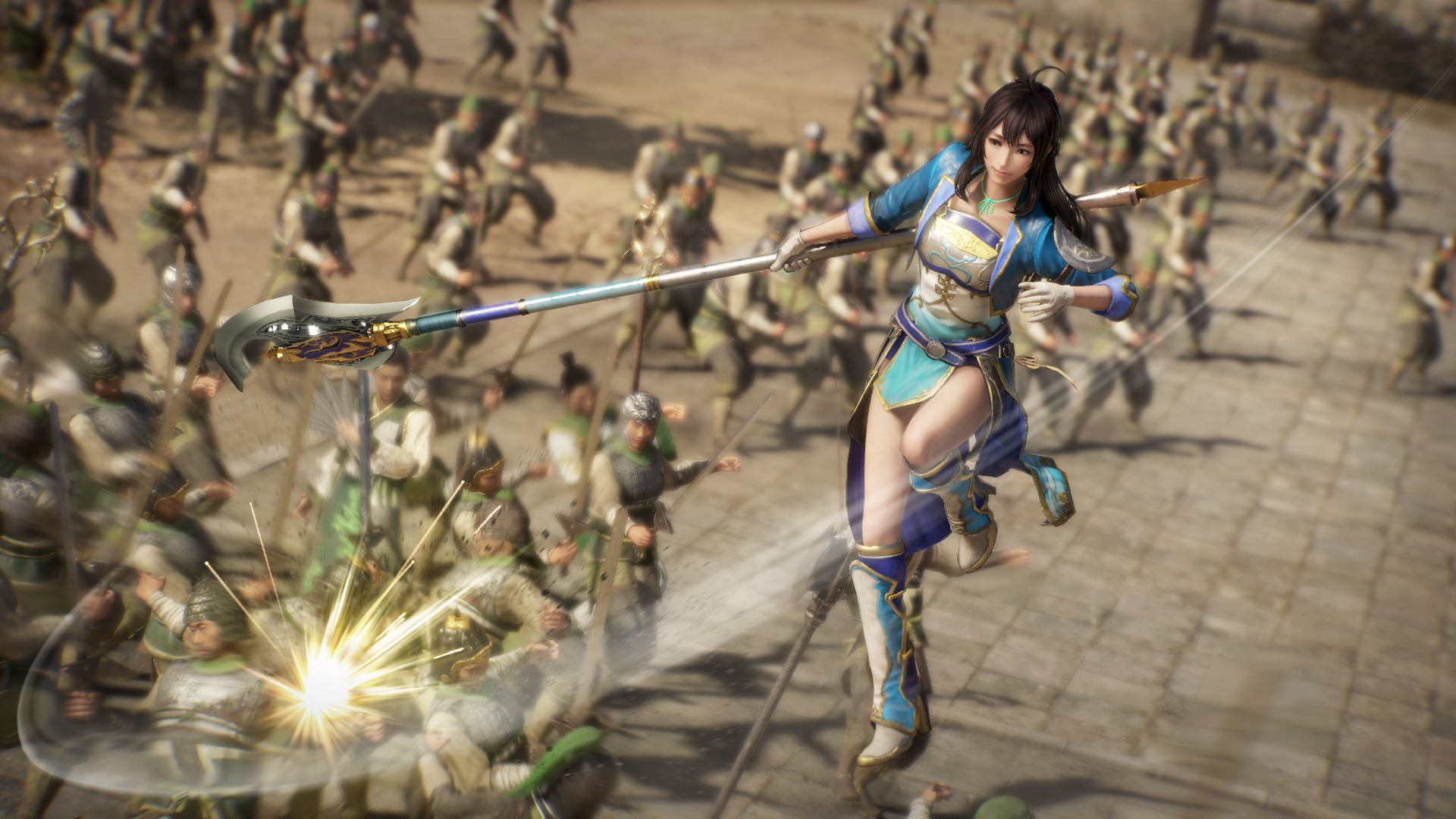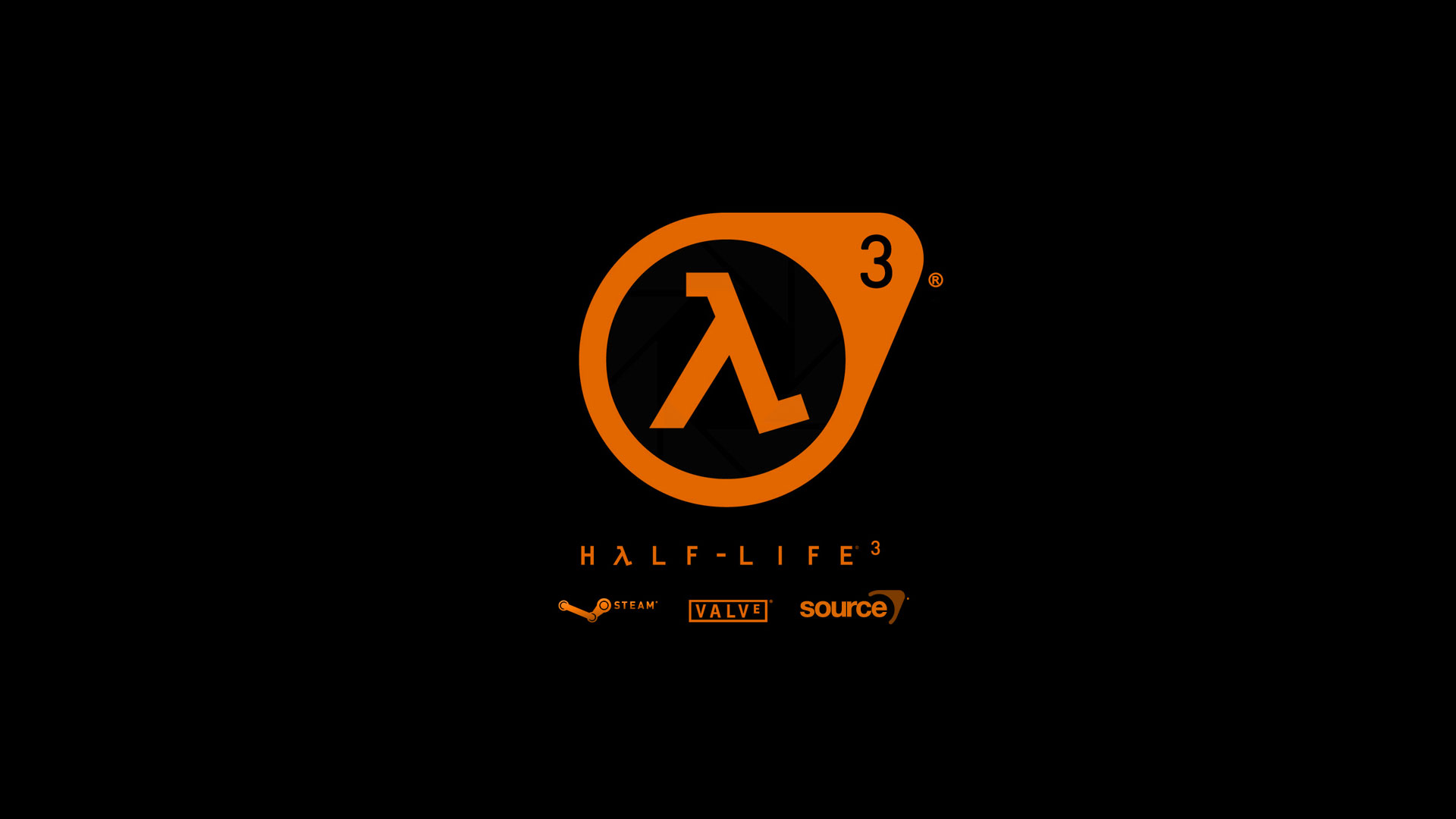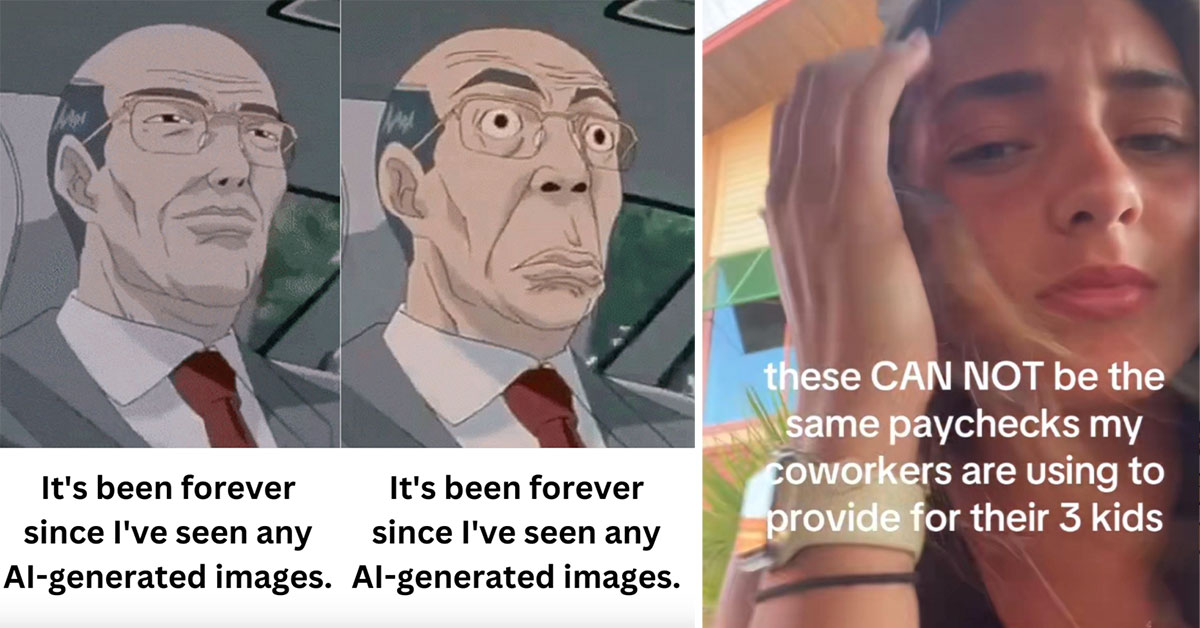15 Overplayed Video Game Tropes and Cliches
If you regularly play games, then you're familiar with that feeling that comes when you play a game and feel "Oh, I've been here before. I've...
Published 4 years ago in Funny
1
Tutorials are often some of the most exhausting sections of games. It can sometimes take upwards of an hour or two to even begin playing the game. Many older games allowed players to learn the controls organically through the starting levels, but, as games became more complex, tutorials became necessary.
This wouldn't be so difficult if it wasn't often mandatory in order to start the game. Optional tutorials? Great. Mandatory? Not really.2
Even worse than mandatory tutorials, however, are tutorials sprinkled throughout the entire game. Often, a character -- such as Sonic Adventure 2's Omochao -- will interrupt the flow of gameplay to tell you how to play the game or how to solve a puzzle. Not only does this break immersion, but it's also often entirely unnecessary.
3
Escort missions can be done well, but these diversions most often only slow an otherwise fast-paced game down. Not helping matters is that the AI for the person you are supposed to be escorting often fails to avoid basic obstacles. This means that, very often, you'll spend time helping your dumb AI companion avoid walking around walls or walking directly into obvious traps. This is just frustrating.
4
Fetch quests are a staple of video games, but too many fetch quests can feel tedious. When a character tells you to go somewhere and collect so many items for a reward, it can feel rather pointless. If there's no meaningful reason your character would want to collect these items, then what's the point? Fetch quests feel divorced from the narrative. It's like the game developers just wanted you to do something, regardless of how tedious it might be.
5
Quick-time events are far less prevalent now than they were during the PS2 era, and for very good reason. Everyone tried to copy God of War, only to run the gameplay mechanic into the ground. On top of that, quick-time events feel overly scripted. Much of what happens in quick-time events would feel more epic if the player could organically perform these actions in-game. Some games have managed to incorporate quick-time events in a way that feels organic. But when they're poorly implemented, it takes you out of the moment.
6
Invisible Walls are among the most frustrating game mechanics around. See something cool just off in the distance? Sorry, can't make it. A wall is keeping you from reaching there. All games require boundaries, or else we'd be downloading games terabytes in size. However, when the boundaries are invisible, it leaves the players frustrated. Having visible boundaries is strangely less confining than making the boundaries invisible.
7
Amnesiac protagonists are so omnipresent throughout all media that it's become relatively exhausting. Some games put new twists on this trope, such as Final Fantasy VII, where Cloud mixes up events from his life with events from Zack's life. However, often, amnesiac protagonists have amnesia for two reasons: someone can tell you how the game world works and that your past self did something noteworthy. Most often? You're secretly the villain, as is the case in Star Wars: Knights of the Old Republic.
8
Many games artificially expand the length of a game by giving you meaningless minigames. By giving you limited stamina, making it necessary to eat or rest in order to do more tasks, sometimes they feel like just that, tasks. Shenmue 3 did both of these things. On the surface, this tactic makes sense. It forces players to play the game more. However, it is better to have a shorter game where more happens than a bloated game where most of your time is filled managing your stamina bar or accomplishing repetitive, pointless minigames.
9
When games offer you moral choices that alter the trajectory of your game, that's great. However, most games that offer choices don't pay off these choices in any meaningful way. Sure, Telltale Games and Undertale offered you a plethora of alternate game trajectories based on your choices. Games like, say, Spider-Man: Web of Shadows, though? A few cut-scenes change, but the game, essentially, stays the same.
10
Ever play a game where the final boss is some new, until this point unseen, adversary? Legend of Zelda often teases some other villain -- like Zant or Ghirahim -- only to reveal the villain was some variation of Ganon all along. Final Fantasy IX teases Kuja as the big bad, only to throw Necron at players at the very end. Who is Necron? Who knows! He's just a guy you need to punch. It feels somewhat anticlimactic every time because you just don't care who this person is.
11
Stealth missions can be great...in stealth games. However, if you're playing an action game, stealth missions just slow the gameplay down to a crawl. The otherwise fantastic PS4 Spider-Man game introduced several levels where you guide Mary Jane Watson or Miles Morales in stealth-centric missions. These felt...underwhelming. And these were some of the better stealth missions in non-stealth games.
12
Casual sexism is prevalent in video games. A lot of gamers get irrationally angry when people say "Hey, maybe we can have ladies who are actual characters and not just sex fodder?" Some games go out of their way to justify why their characters need to wear skimpy outfits, as is the case with Metal Gear Solid 5's Quiet. Most often, casual sexism is just exhausting and repetitive. You can have sexy characters without them being JUST sex appeal. Case in point? Final Fantasy VII: Remake, Resident Evil VIII, the entire Metroid series, and, of course, Lara Croft.
13
Dark and edgy reboots are dull and predictable, especially if they're dark and edgy reboots of child-friendly games. Bomberman: Act-Zero is a dark, edgy remake of a fun kid's game. Sure, if you're 13, the idea of Shadow the Hedgehog wielding a gun might sound cool. But it isn't. It's just dumb and forced. Adult fans would rather play the kid-friendly version of Bomberman than the extreme Act-Zero version.We don't need a dark-and-edgy Kirby game where Kirby is an eldritch abomination or a dark-and-edgy Mario game where Mario and Luigi eat Toads -- oh, wait, those are already canon in both franchises.
14
When every enemy is the same and can be beaten in the same way, the action becomes incredibly boring. Sure, Dynasty Warriors is the poster child of this problem, but you see it all the time in first-person shooters as well. In so many games, you have to kill waves of enemies without any creativity or strategy involved. After killing one-thousand guys in the same way, it just gets boring. There are so many ways to add creativity to your goons. Even minor innovation results in a far better game.
15
Valve needs to start counting to three. Where's Half-Life 3? Where's Left 4 Dead 3? Where's Portal 3? Team Fortress 3? Look, Valve....just make the third games in your franchise. It got to the point where Half-Life 2: Episode 2 came out, but no Episode 3? It's fun to goof around about it, but Valve's games are so good that we just wish we had more of them after the second outing.

